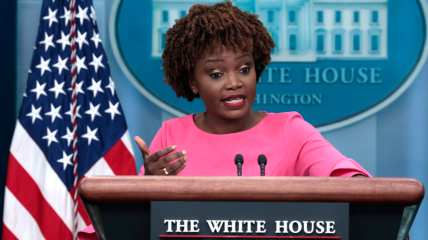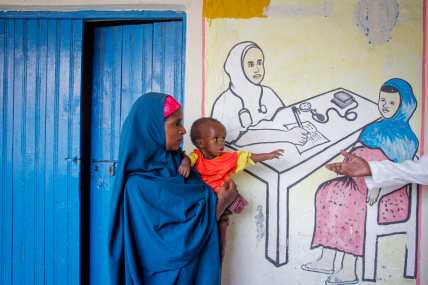Africa in the middle of geopolitical battle over Russia-Ukraine war amid ongoing food shortage
In an interview with theGrio, U.S. Rep. Ilhan Omar, a former child refugee from Somalia, lamented the impact of Russia's war on African nations.
The shortage of grains and other food exports coming out of Ukraine as a result of Russia’s invasion of the European nation is continuing to have humanitarian consequences and is at the center of an ongoing geopolitical battle.
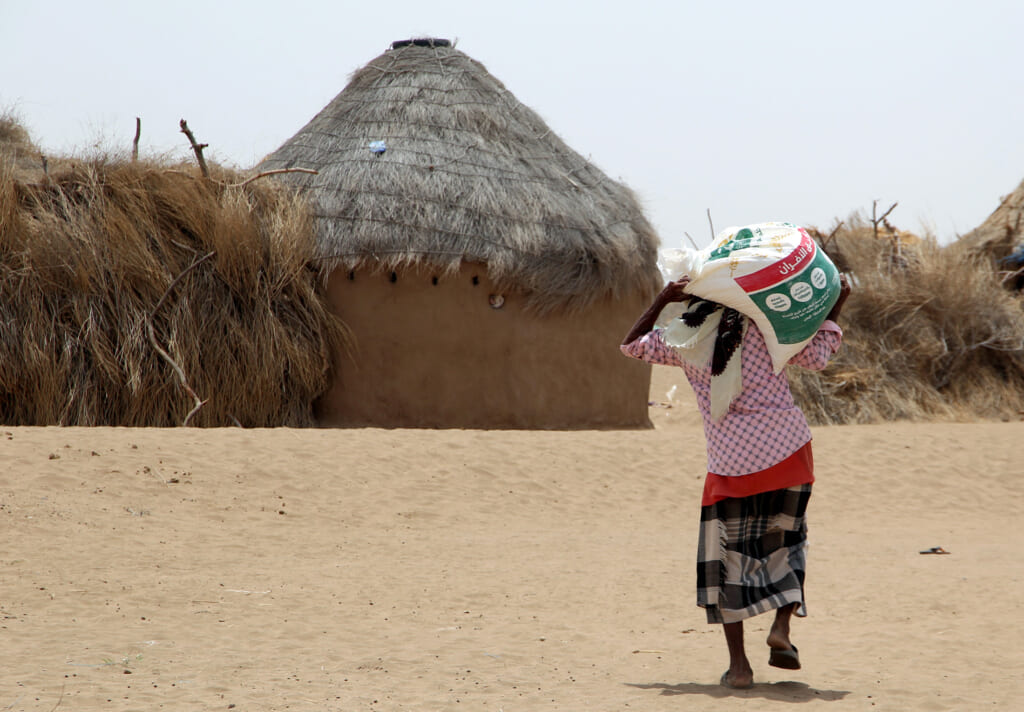
In Africa, where the African Union (AU) refused to join a resolution by the United Nations General Assembly that condemned Russia’s war in Ukraine, many countries have maintained close ties to Russia.
Ukraine, the United States, and other western countries are aiming to convince African nations that food shortages in the region are a direct result of Russia’s war. However, Russia–which is currently blocking ports in the Black Sea and disrupting the trade of food in the region and in Africa–has seemingly persuaded them to believe that a shortage of food, like grains and wheat, is actually a result of sanctions imposed by the U.S. and other democracies standing with Ukraine.
On Monday, Ukraine President Volodymyr Zelensky addressed the AU, saying, Africa is being “taken hostage.” Zelensky told African leaders that they are a pawn in Putin’s game as many of the nations grapple with starvation from grain and other food shortages.
During Tuesday’s White House press briefing, theGrio asked John Kirby, national security coordinator for strategic communications, about the dynamic between the African Union and Russia. In response, Kirby condemned Russian President Vladimir Putin for “weaponizing food.”
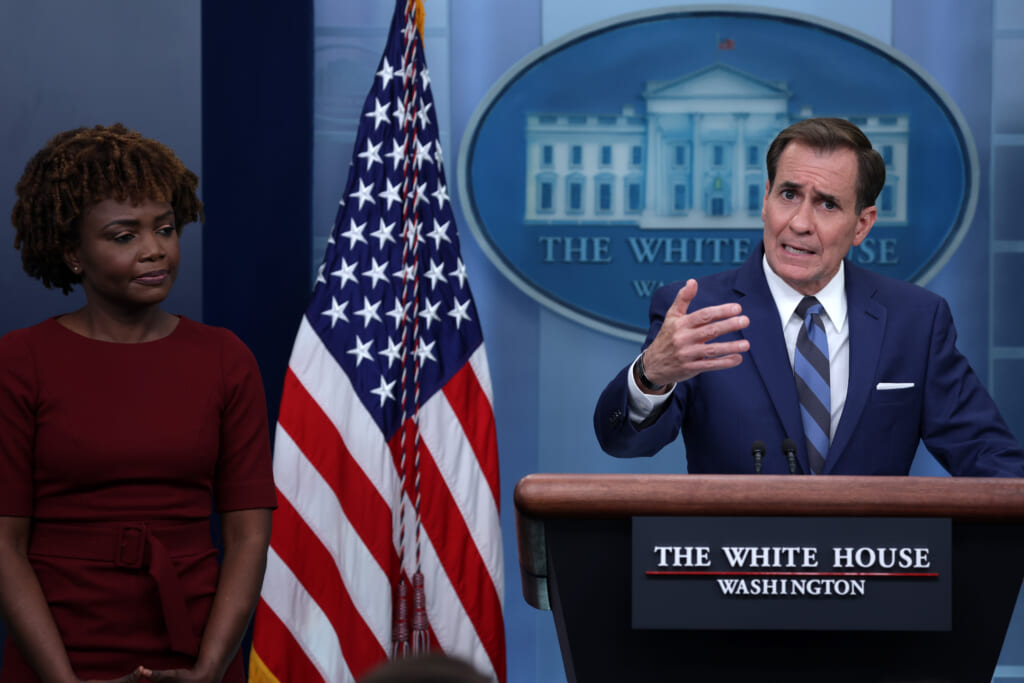
His remarks came just days before President Joe Biden’s overseas trip to the G-7 summit in Germany. Issues of food insecurity and skyrocketing oil and food prices are topping the agenda for the world leaders at the summit as Russia’s deadly aggression has directly impacted not just here in the United States but around the world.
One of the gravest concerns connected to the Russian blockade of the Black Sea, which borders Ukraine, centers around the scores of people most impoverished globally. The world’s most needy are fed with grains to prevent malnutrition and starvation. What’s more, the food exports are said to make the difference between life and death for many in regions like Africa where grains are sparse due to Russia’s war in Ukraine. Somalia is one of a number of hard-hit countries due to the grain shortage crisis.
U.S. Rep. Ilhan Omar (D-Minn.), a former child refugee from Somalia who sits on the House Foreign Affairs Committee, lamented the impact of the sanctions on Russia that she currently supports.
“I do think that some of the sanctions that are on can be helpful in trying to get Russia to stop its aggression. At some point, we have to think about what kind of collateral damage some of these sanctions will have,” Omar told theGrio.
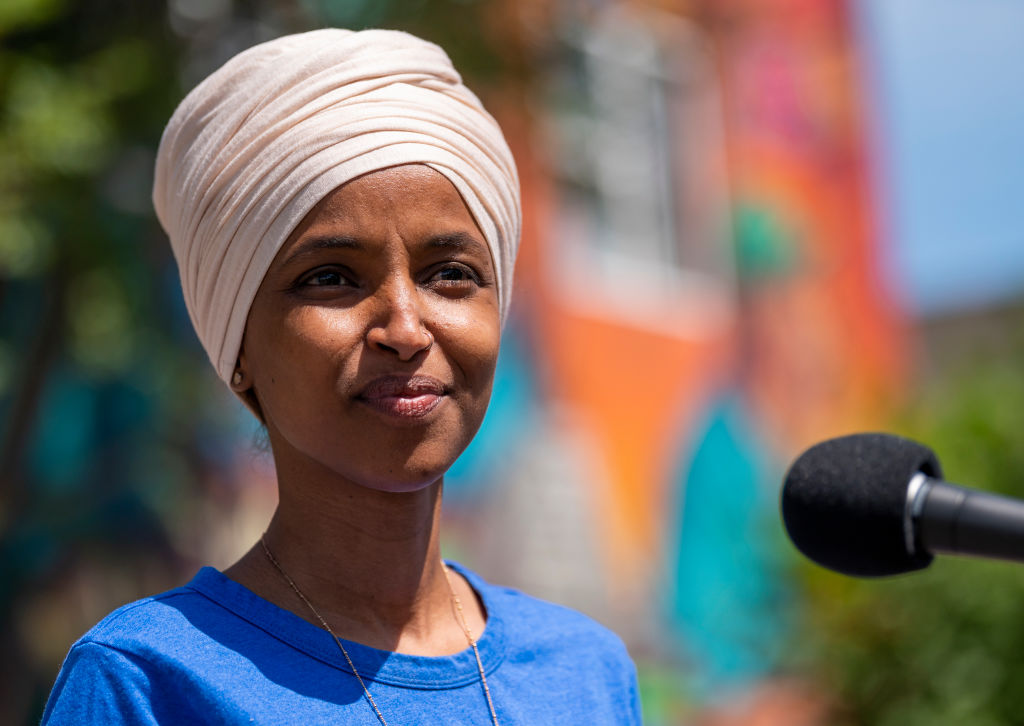
Meanwhile, Presiden Biden is firm on his stance to not end sanctions on Russia. Kremlin leaders have indicated they are willing to bargain with the world community, particularly the United States, and have asked that sanctions be lifted.
As it relates to Africa and its loyalty to Russia, Kirby, who previously served as press secretary for the Pentagon in the Biden administration, reiterated that there are “sovereign decisions African leaders have to make.”
The call to continue putting pressure on Russia is loud. NATO Secretary-General Jens Stoltenberg and British Prime Minister Boris Johnson recently said that the West must continue to support Ukraine in order to deter future aggression by Putin.
The Russian grain blockage has affected the world economically with bread and other grains linked to food price hikes at grocery stores. There is also an issue of potential starvation. Grains are a major staple for global humanitarian organizations working to feed those in poverty. Some countries are making up for the wheat shortfall. In India, the welfare program there is adding more rice to the allotment that recipients can receive.
Grains and legumes are part of the international food programs meant to stave off starvation and poverty and improve food and nutrition security in depleted world communities. In a research press release, Dr. William Dar, director general at ICRISAT, said grains and legumes are considered “the poor people’s meat” and that they are “crucial for ending childhood malnutrition.”
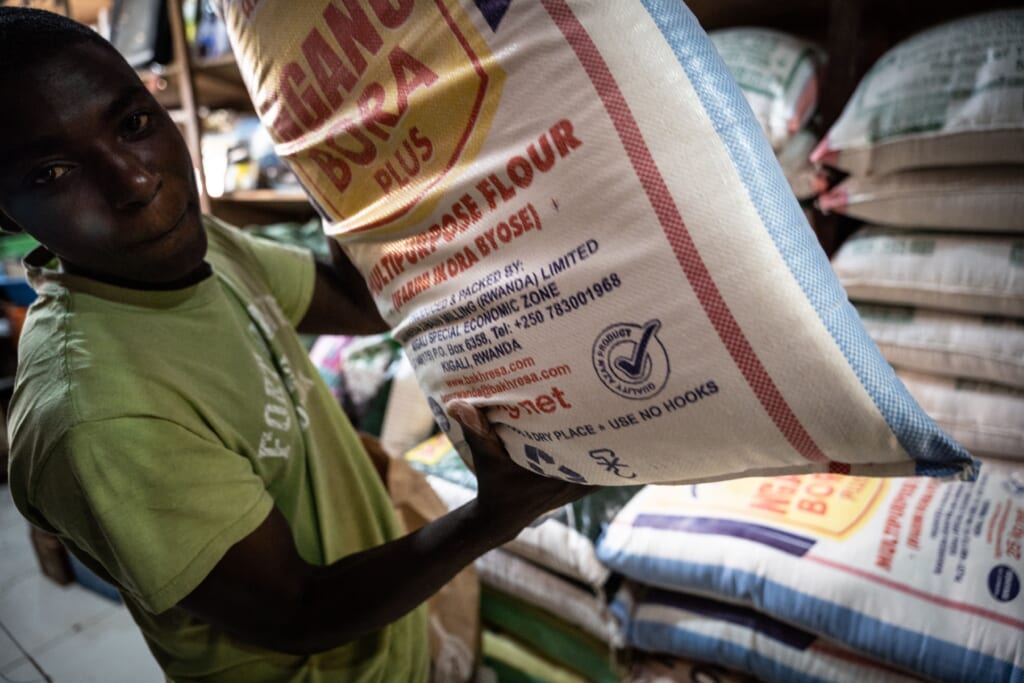
Congresswoman Omar is someone who benefited from humanitarian and hunger programs during her childhood as a refugee. The young Omar suffered from starvation in Kenya before she was brought to the United States with her family. It’s because of that first-hand experience that Omar said she long raised the alarm of food shortages as a result of Russia’s war in Ukraine.
“The devastation that I was talking about, I knew wasn’t just going to be felt by Europe and Ukraine, but it would be felt by the rest of the world–especially from the country that I was born in,” Omar told theGrio.
The congresswoman said that African nations like Sudan and Somalia get 90 percent of their grains from Ukraine and Russia.
Omar added, “Russia and Ukraine produce 1/3 of the world’s wheat and we have to find a way to get out of this crisis that is induced by this illegal, unjust war and, you know, not have it have a deadly consequence for millions who are already facing displacement in Africa and other parts of the world.”
There are 1.3 billion people on the continent of Africa’s 54 nations.
There is a cycle the former refugee turned United States Congresswoman is reliving. She reminds, “it is the foreign policy of the United States, and then the Soviets, that ultimately led for me to be a refugee.”
Editor’s note: A previous version of this article reported that Rep. Ilhan was from Sudan. Omar is originally from Somalia.
TheGrio is FREE on your TV via Apple TV, Amazon Fire, Roku and Android TV. Also, please download theGrio mobile apps today!
